Nitric Acid
Nitric acid, with the chemical formula HNO3, is a strong mineral acid that is colorless when pure but turns yellow due to decomposition into nitrogen dioxide and water upon exposure to light. Here are some key points about nitric acid:
1. **Chemical Properties**: Nitric acid is a highly corrosive and oxidizing acid. It is considered a strong acid because it dissociates completely in water to form hydronium ions (H3O+) and nitrate ions (NO3-). It reacts vigorously with many substances, including metals, organic compounds, and reducing agents.
2. **Production**: Nitric acid is primarily produced through the oxidation of ammonia in the Ostwald process. In this process, ammonia is oxidized to nitrogen monoxide (NO), which is further oxidized to nitrogen dioxide (NO2). The nitrogen dioxide is then dissolved in water to form nitric acid.
3. **Concentration**: Nitric acid is commercially available in various concentrations, with the most common being concentrated nitric acid (around 68-70% HNO3 by weight). Dilute nitric acid solutions are also used for specific applications.
4. **Applications**:
– **Chemical Industry**: Used in the production of fertilizers, explosives, nylon precursors, and various chemicals.
– **Metal Processing**: Used for etching, cleaning, and passivation of metals.
– **Electronics Industry**: Utilized for etching printed circuit boards and cleaning semiconductor materials.
– **Aerospace Industry**: Used for passivation of metal components and in rocket propellants.
– **Automotive Industry**: Employed for passivating stainless steel components and in catalytic converter production.
– **Laboratory Use**: Commonly used in laboratories for various chemical reactions and analyses.
5. **Safety Precautions**: Due to its corrosive and oxidizing nature, nitric acid should be handled with care. It can cause severe burns upon contact with skin and can be harmful if inhaled or ingested. Proper protective equipment, such as gloves, goggles, and a lab coat, should be worn when working with nitric acid.
6. **Storage**: Nitric acid should be stored in a cool, dry, well-ventilated area away from incompatible substances. It should be kept in tightly sealed containers made of compatible materials, such as glass or certain plastics.
Nitric acid is a versatile chemical with a wide range of industrial applications, and its properties make it a valuable reagent in various processes. Proper handling and storage are essential when working with nitric acid to ensure safety and prevent accidents.
₦60,000.00
Description
Nitric acid, with the chemical formula HNO3, is a strong mineral acid that has several industrial applications due to its corrosive and oxidizing properties. Some common industrial uses of nitric acid include:
1. Chemical manufacturing: Nitric acid is widely used in the production of various chemicals such as fertilizers (ammonium nitrate), explosives (TNT, nitroglycerin), nylon precursors, and pharmaceuticals.
2. Metal processing: Nitric acid is used in metal processing for etching, cleaning, and pickling of metals such as steel, copper, and brass. It is also used in the production of metal nitrates and metal salts.
3. Electronics industry: Nitric acid is used in the electronics industry for etching printed circuit boards (PCBs) and cleaning semiconductor materials. It is also used in the production of electronic components and devices.
4. Automotive industry: Nitric acid is used in the automotive industry for passivation of stainless steel components to improve corrosion resistance. It is also used in the production of automotive catalytic converters.
5. Fertilizer production: Nitric acid is a key component in the production of nitrogen-based fertilizers such as ammonium nitrate and urea. These fertilizers are essential for promoting plant growth and crop yields.
6. Aerospace industry: Nitric acid is used in the aerospace industry for cleaning and passivating metal components of aircraft and spacecraft. It is also used in rocket propellants and oxidizers for propulsion systems.
7. Food industry: Nitric acid is used in the food industry for cleaning and sanitizing equipment and containers. It is also used in food processing for pH adjustment and preservation.
These are some of the common industrial applications of nitric acid. It is a versatile chemical with diverse uses across different industries.

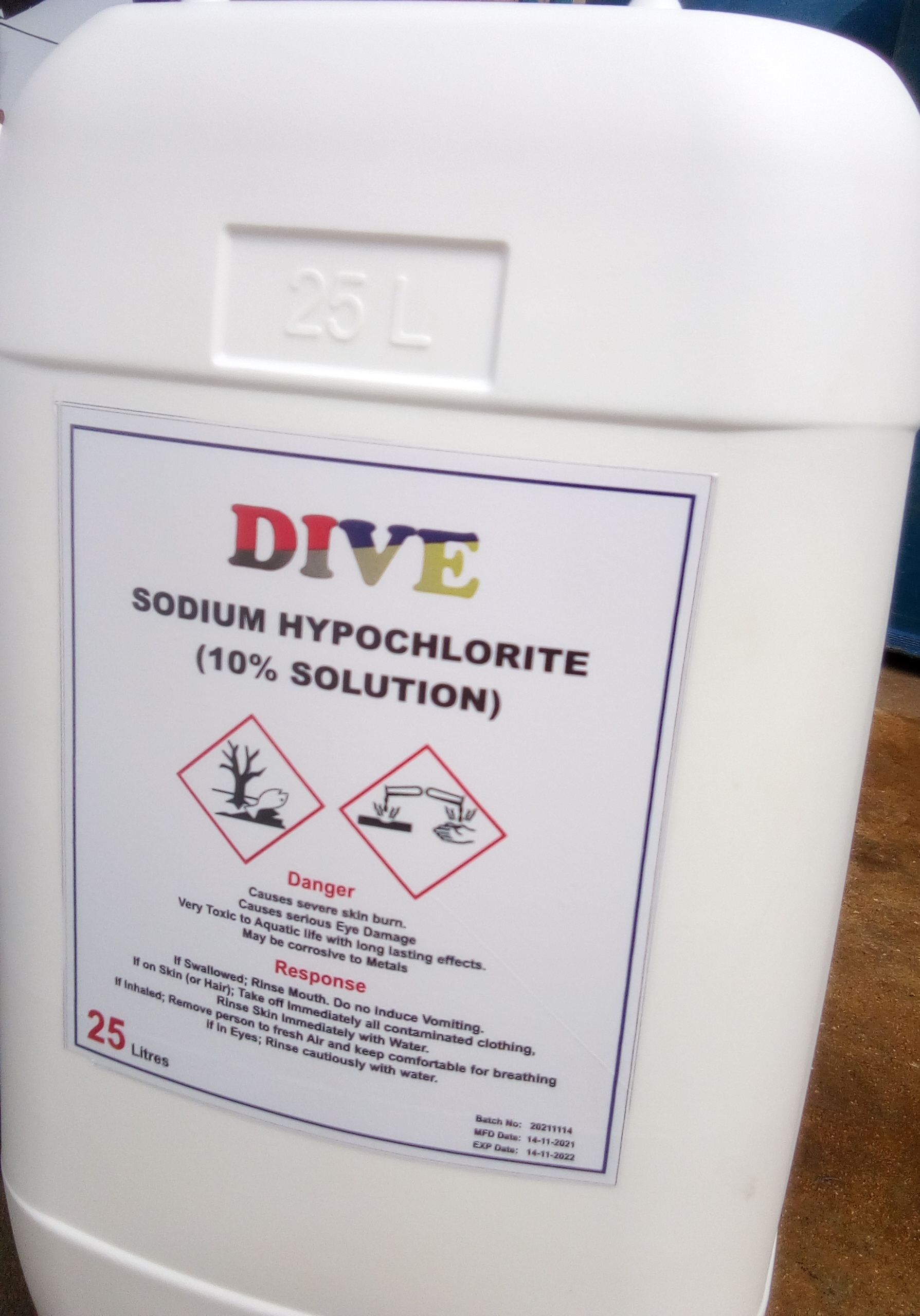
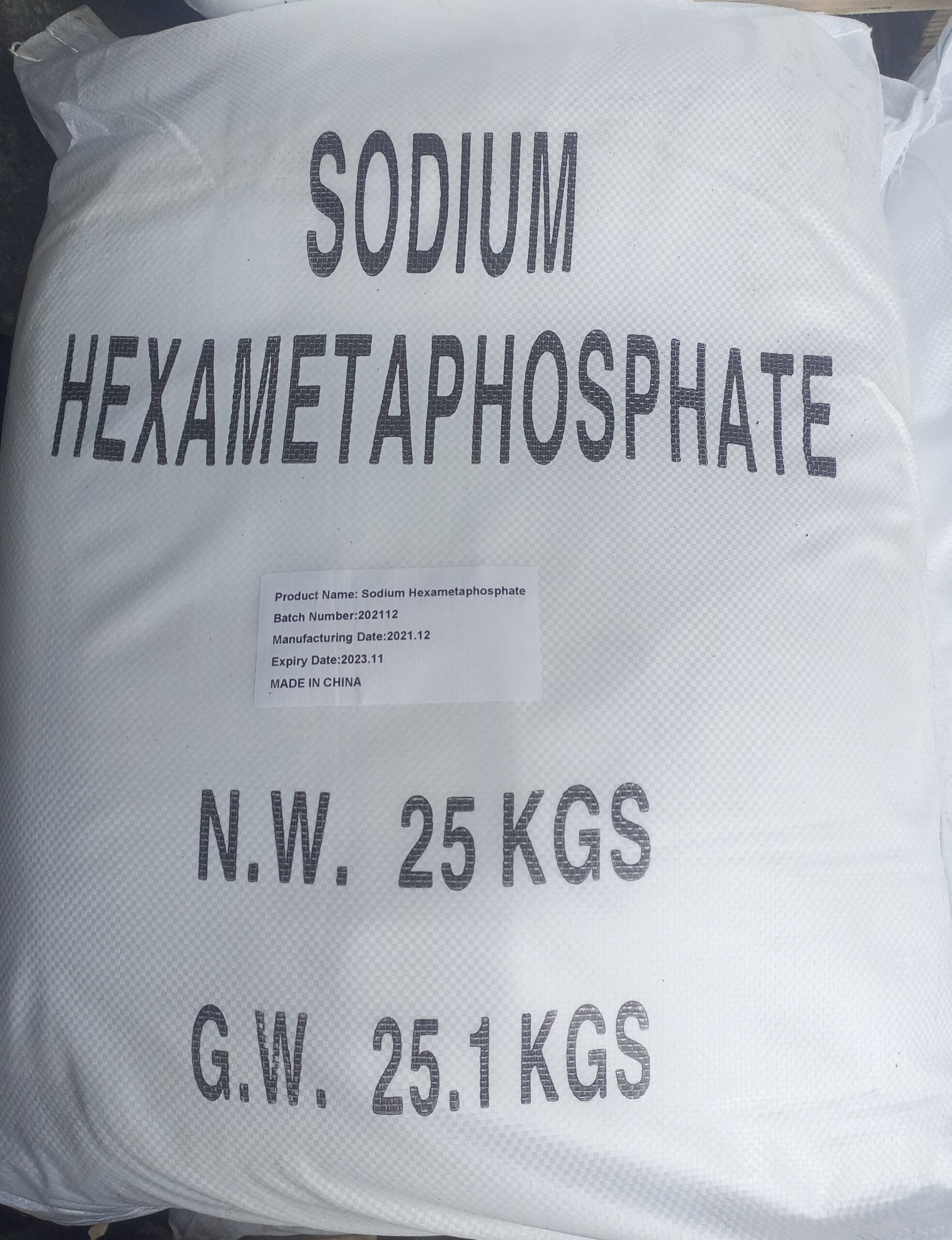
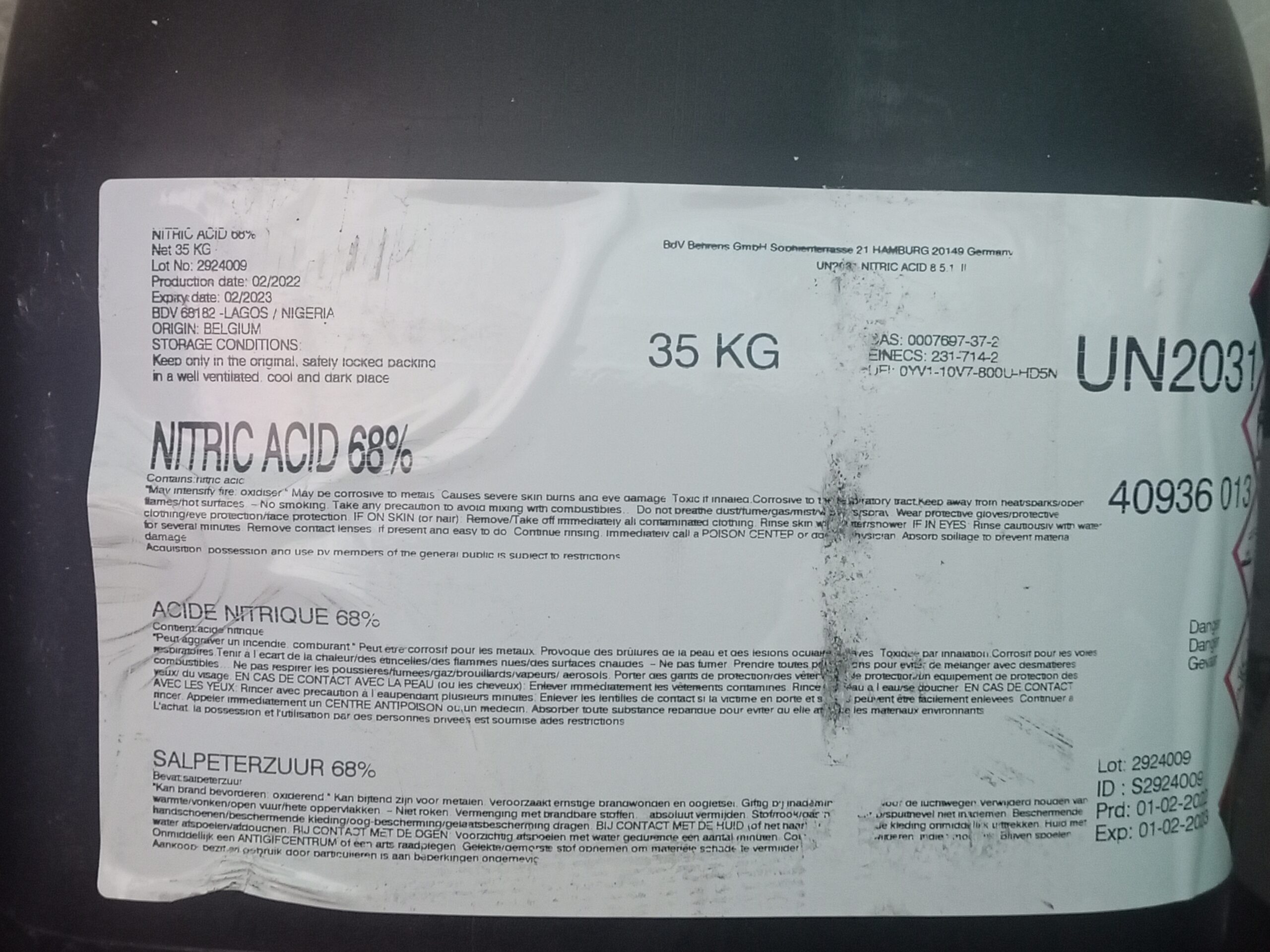

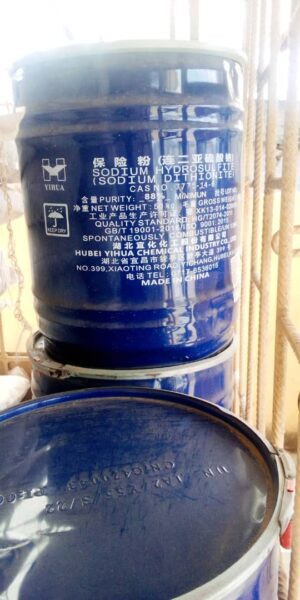
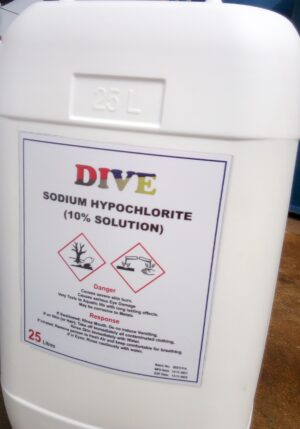
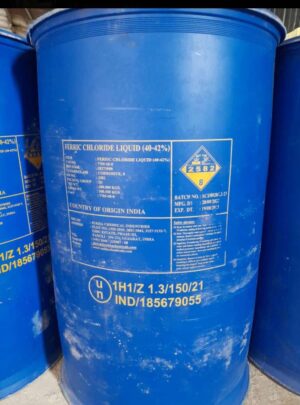
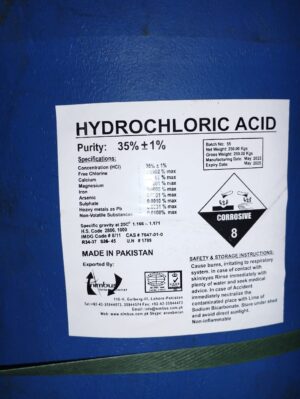
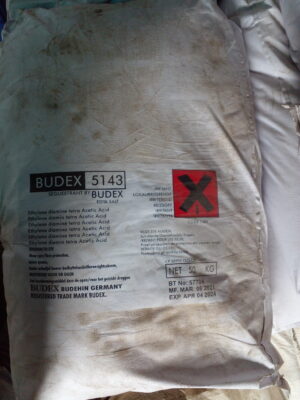
Wendi –
We absolutely love your blog and find most of your post’s
to be precisely what I’m looking for. Do you offer guest writers to
write content for yourself? I wouldn’t mind producing a post or
elaborating on many of the subjects you write about here.
Again, awesome web log!
Here is my web page trading platform